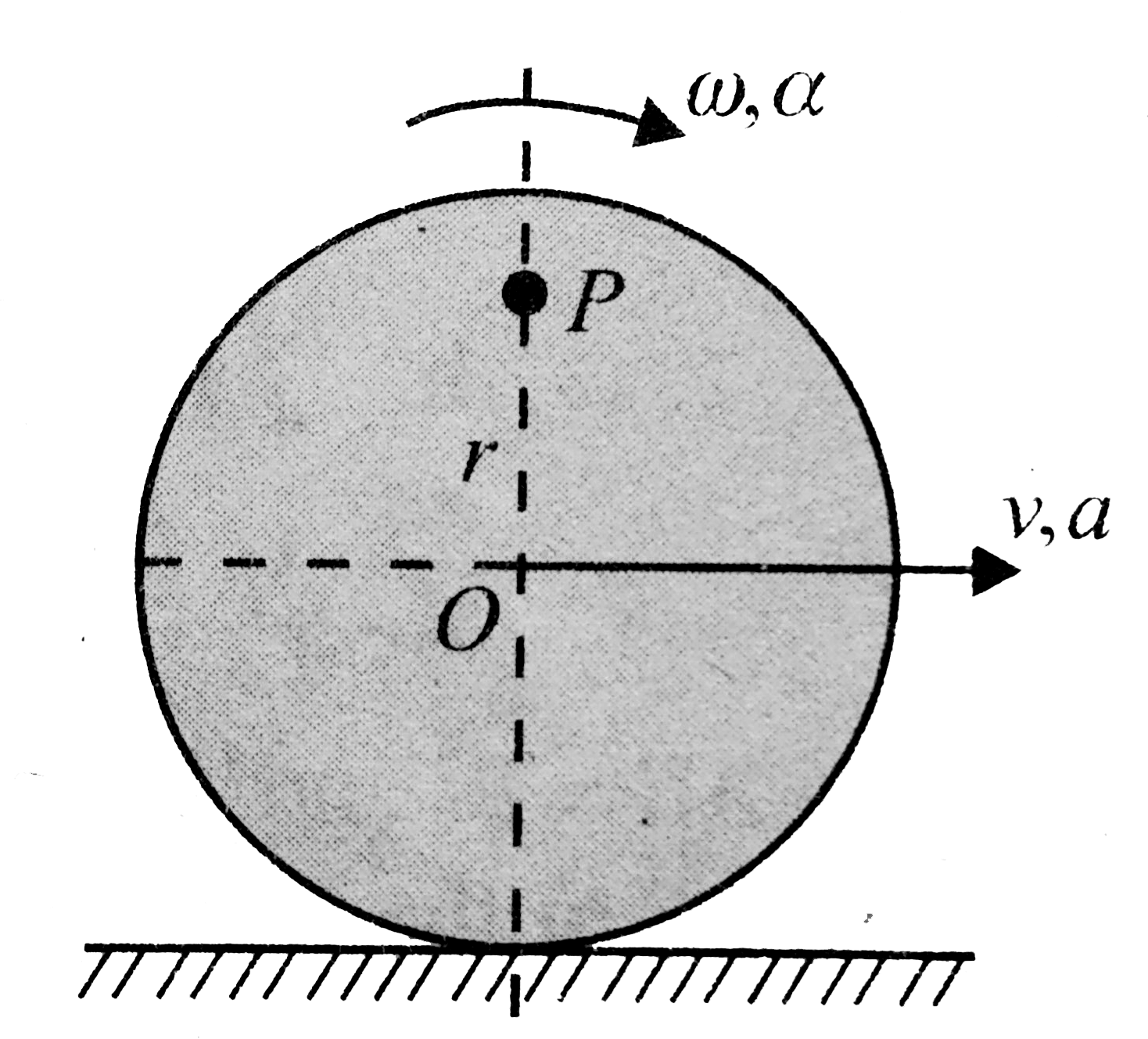Explain angular acceleration .Establish its relation with linear acceleration.
Video Solution
|
Answer
Step by step video & image solution for Explain angular acceleration .Establish its relation with linear acceleration. by Physics experts to help you in doubts & scoring excellent marks in Class 11 exams.
Updated on:21/07/2023Topper's Solved these Questions
- KINEMATICSBOOK - PRADEEPCHAPTER - KINEMATICSEXERCISE - 5 Short answer
6 Videos
- KINEMATICSBOOK - PRADEEPCHAPTER - KINEMATICSEXERCISE - 6 Short answer
8 Videos
- KINEMATICSBOOK - PRADEEPCHAPTER - KINEMATICSEXERCISE - 3 Short answer
37 Videos
- GRAVIATIONBOOK - PRADEEPCHAPTER - GRAVIATIONEXERCISE - Assertion-Reason Type Questions
19 Videos
- LAWS OF MOTIONBOOK - PRADEEPCHAPTER - LAWS OF MOTIONEXERCISE - Assertion- Reason Type Questions
17 Videos
Similar Questions
Knowledge Check
The SI unit of angular acceleration is
Aradian/sBradian/sCradian/s2Dmeter rs2A disc of radius R rolls on a horizontal ground with linear acceleration a and angular acceleration α as shown in Fig. The magnitude of acceleration of point P as shown in the figure at an instant when its linear velocity is v and angular velocity is ω will be a
 A√(a+rα)2+(rω2)2BarRC√r2α2+r2ω4Drα
A√(a+rα)2+(rω2)2BarRC√r2α2+r2ω4DrαA point mass moves along a circle of radius R with a constant angular acceleration α. How much time is needed after motion begins for the radial acceleration of the point mass to be equal to its tangential acceleration ?
A√1αB√RαC√2αD√12α
Circular motion: angular velocity | Angular acceleration | Uniform circular motion: radial acceleration
View SolutionCircular motion: angular velocity| Angular acceleration| Uniform circular motion: radial acceleration
View SolutionAngular Acceleration and Centripetal Acceleration
View SolutionA disc rotates with constant angular velocity. Doesa point on its rim have a tangential acceleration or a radial acceleration ? Are these accelerations constant ? '
View SolutionName the rotational analogue of linear acceleration.
View Solution
